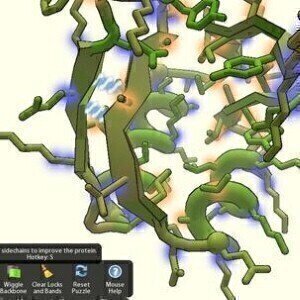Electrophoretic Separations
Solid-state protein sensor screens single molecules in nanopores
Mar 15 2012
A new sensor has been developed that could be used in applications to analyse the protein contents of a single cell.
The sensor is based on nanometer-scale pores in a semiconductor membrane, and could offer significant practical uses. Researchers have developed the technology at the Technische Universität München (TUM), and highlighted the potential of the new device through several experiments conducted over the past few years.
They have now teamed up with biochemists at Goethe University Frankfurt to advance the technology, looking to build on the selectivity of the sensor while keeping the sensitivity to single molecules.
The results have been published in Nature Nanotechnology, and explore new approaches in the biochemical sphere. Instead of developing universal, broad-spectrum sensors, researchers are now looking to detect and identifying single molecules of specifically targeted proteins. This would cut the need to modify them by adding biochemical labels.
Dr. Ulrich Rant, of TUM's Walter Schottky Institute and the TUM Institute for Advanced Study said: "What I find amazing about nanopores, is their cost-effectiveness: You can already run single-molecule experiments with equipment worth only a couple thousand euros. If the technology is commercialized further, I am sure that instruments could be sold for the price of a personal computer, potentially allowing people to detect single molecules at home."
Posted by Fiona Griffiths
Digital Edition
Chromatography Today - Buyers' Guide 2022
October 2023
In This Edition Modern & Practical Applications - Accelerating ADC Development with Mass Spectrometry - Implementing High-Resolution Ion Mobility into Peptide Mapping Workflows Chromatogr...
View all digital editions
Events
Jan 20 2025 Amsterdam, Netherlands
Feb 03 2025 Dubai, UAE
Feb 05 2025 Guangzhou, China
Mar 01 2025 Boston, MA, USA
Mar 04 2025 Berlin, Germany














